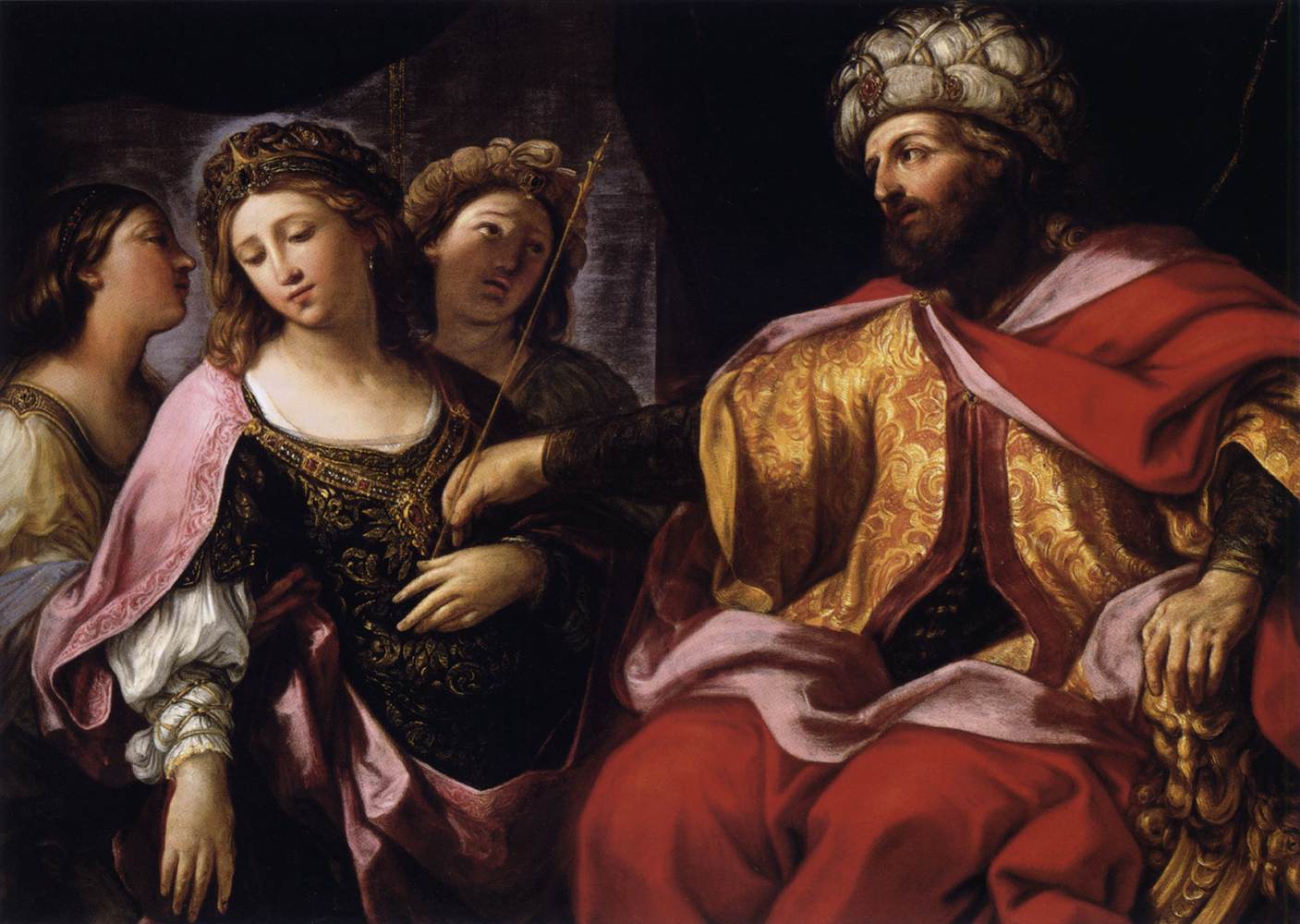Esther is notorious for not mentioning “God.” He is working behind the scenes in his sovereignty to orchestrate events to work for the preservation of his people and for justice against their enemies.
But, did you know that the word “God” actually occurs 26 times in Esther? Well, at least in the additions Old Greek. Forms of θεός are found in Esth 1:1 (x2); 2:20; 4:17 (x8); 5:1 (x2), 2; 6:13; 8:12 (x4); 10:3 (x7).
It seems the author of the Old Greek also found it odd that God is never mentioned. Between the title and 1:1 of Esther, the Old Greek, the Old Greek’s Lucianic Recension, and the Old Latin version add some background to the story ( = Vulg. and Eng. Ad. Est. 11:2–12:6). In various distorted forms the passage appears in late Heb. and Aramaic midrashim. The first addition to Esther is as follows (translation from Paton, Esther, ICC, p. 119-120):
1In the second year of the reign of Artaxerxes the Great, on the first day of the month of Nisan, Mordecai, son of Jair, son of Shimei, son of Kish, of the tribe of Benjamin, had a dream. 2He was a Jew dwelling in the city of Susa, a great man, serving in the King’s court. 3He was of the captivity, which Nebuchadnezzar King of Babylon carried from Jerusalem with Jeconiah King of Judah; 4and this was his dream: Behold, noise and tumult, thunderings and earthquake, uproar upon the earth: 5and, behold, two great dragons came forth, both of them ready to fight, 6and their cry was great. And at their cry all nations were prepared for battle, that they might fight against the righteous nation. 7And lo, a day of darkness and gloom, tribulation and anguish, affliction and great uproar upon the earth. 8And the whole righteous nation was troubled, fearing the evils that should befall them, and were ready to perish. 9Then they cried unto God; and upon their cry, as it were from a little fountain, there came a great river, even much water. 10The light and the sun rose up, and the lowly were exalted, and devoured the glorious. 11Now when Mordecai, who had seen this dream, and what God had determined to do, awoke, he bore it in mind, and until night by all means was desirous to understand it. 12And Mordecai slept in the court with Gabatha and Tharra, the two eunuchs of the King, the keepers of the court. 13And he heard their communings, and searched out their purposes, and learned that they were about to lay hands upon King Artaxerxes; and he informed the King about them. 14Then the King examined the two eunuchs, and after they had confessed, they were led to execution. 15And the King wrote these things for a memorial; Mordecai also wrote concerning these things. 16So the King commanded Mordecai to serve in the court, and for this he gave him gifts. 17But Haman, son of Hammedatha, the Agagite, who was in great honour with the King, sought to injure Mordecai and his people because of the two eunuchs of the King.
You can peruse the rest of the additions yourself, including 4:17 and 10:3, where θεός is used eight and seven times, respectively.
The 26 times the book of Esther mentions God Click To Tweet

